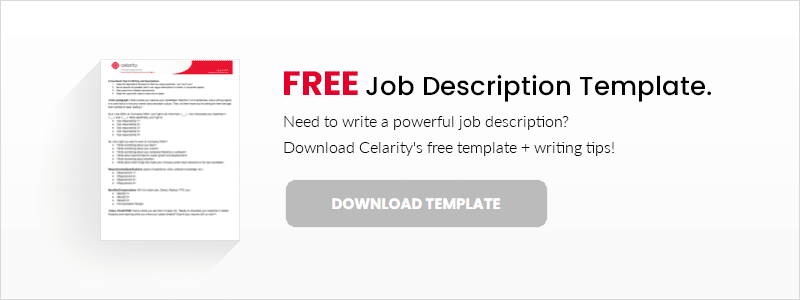Media Planners are responsible for the day-to-day management of digital marketing campaigns which can include paid search, display and social advertising strategies across both B2B and B2C business.
Media Planners are typically responsible for creating and optimizing media channels to support the digital department in their growth goals.
They help drive growth and success for organizations on digital platforms. Their role is important as it is an integral part of the development and management of having an effective digital strategy as well as effective media buying.
What does a Media Planner do, typically?
Media Planners will typically work within a larger digital marketing team and report directly to the marketing leader to ensure media strategies are aligned with overarching marketing goals. Their daily responsibilities may include:
- Developing, executing, and optimizing cutting-edge digital campaigns from conception to launch
- Working cross-departmentally to align campaign strategies and goals across the organization
- Providing ongoing actionable insights into campaign performance to relevant stakeholders
- Defining, measuring, and evaluating relevant media KPIs
- Building out media buys for various ad platforms and overseeing the day-to-day execution of media
- Overseeing and managing the overall budget for paid media
- Conducting in-depth keyword and website research, ad grouping and audience targeting
- Maintaining knowledge of industry best practices and new technologies
A Media Planner is not:
A PPC Strategist
A PPC Strategist is focused purely on pay-per-click, whereas a Media Planner may focus on a wider array of digital paid strategies. See our full description for PPC strategist here.
An SEO Specialist
SEO Specialists are largely focused on search, and while search and keywords are included in a Media Planners’ responsibilities, they focus beyond search and more toward strategies of different platforms. See our full job description for SEO Specialist here.
Important metrics for a Media Planner:
- ROI
- On-site conversions
- Cost & click performance
- Impressions/total reach
- Website traffic


